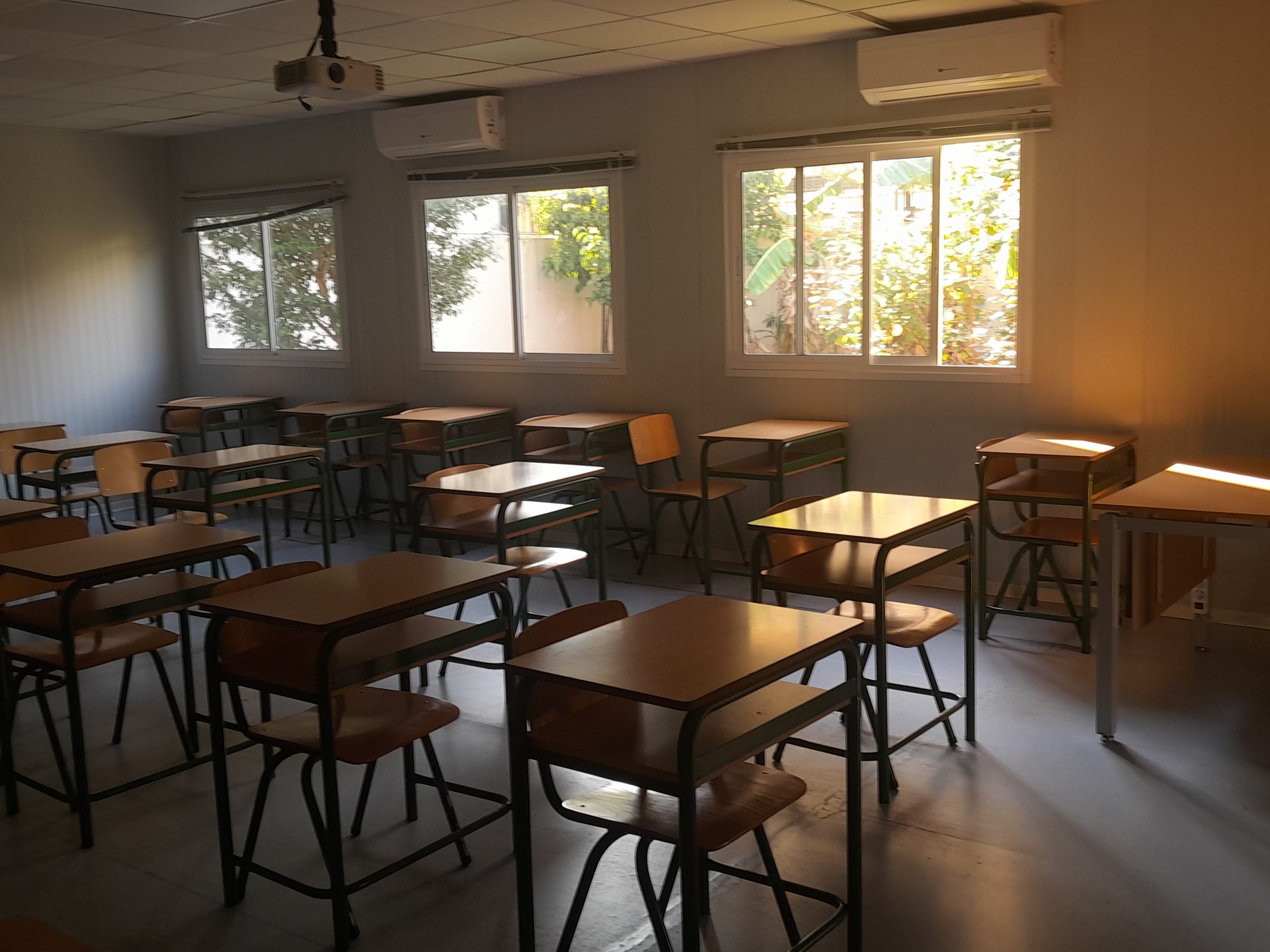As Lebanon’s crises deepen and the devastating Israeli attacks on the country intensify, educators like Eliane, a dedicated public school teacher in Beirut, are facing insurmountable challenges.
The severe economic crisis since 2019, and the ongoing war have transformed schools from institutions of learning to places of survival and shelter. Eliane’s experience illustrates the devastating impact these compounded crises have on Lebanon’s educational system, where teachers are overworked, underpaid, often displaced from their own homes or even killed by Israeli indiscriminate bombing.
For Eliane, the struggle goes beyond the classroom. Her colleagues have faced extraordinary personal and professional losses. “Many teachers have lost everything—their homes, their belongings, and sometimes even their family members. They arrive at work with nothing but the clothes on their backs,” she says. “Yet we are expected to teach as if nothing has changed.”
The turmoil has also meant that Eliane’s workload has increased significantly. Class sizes have dwindled as families flee the violence, but those remaining face inconsistent schedules and a lack of resources. “There are students who only see some subjects once a month because of rotating schedules,” Eliane explains. “How are we supposed to cover the curriculum? Even basics like math and science feel impossible under these conditions.”
In many schools, teachers are struggling to provide essential materials. Textbooks are scarce, and students share what few resources they have. “Last year, our administration was able to purchase some books, but now even that seems like a luxury,” Eliane says. Basic facilities are often unavailable, and in some cases, schools lack running water, with teachers and students forced to bring their own.
Amidst these challenges, Eliane and her colleagues are also dealing with financial insecurity. Despite years of experience, Eliane’s salary is barely enough to cover basic expenses. “We get about $240 a month. Some of us with more than 30 years of experience barely make $400,” she shares. “We used to be respected as educators. Now, it feels like the Ministry sees us as just numbers.”
“Beside receiving $247 we also receive another amount on a monthly basis equivalent to $299 through OMT,” she says. “This amount is considered as social assistance funded by international donors, but conditional on the number of working days,” she clarifies.
“Since it is related to the number of working days per month, the payment fluctuates and is issued by the ministry of education for each month. In case a teacher is absent for any reason such as due to sickness or an accident, their payment will automatically be reduced, not only in that specific month but also during summer, which means a double loss,” Eliane explains. “The irony is that the ministry of education is convinced that 600$ per month is sufficient to cover the expenses for a decent life for a teacher and provider of a family,” she adds.
Eliane’s experience reflects the disillusionment among many Lebanese teachers who feel abandoned by both the government and the teachers’ union. “Our union has failed to advocate for us effectively. They tell us to ‘hold on’ and ‘be patient,’ but that’s not enough anymore. Teachers have been fighting for five years without results,” she says, her frustration evident.
The toll on students is equally severe. “Many of my students show up anxious, some of them in tears. Yesterday, a sixteen-year-old couldn’t stop crying in class. We tried our best to console him, but the trauma these kids are carrying is overwhelming,” she explains. With limited support for mental health, Eliane and her colleagues step in to provide emotional care, but it’s a heavy burden.
Despite these hardships, Eliane remains committed to her students, although her optimism has faded. “We’re barely holding it together, and there’s no end in sight. The future looks bleak,” she admits. “But these children are the reason I keep going. They deserve better, and that’s what we’re fighting for.”
In Lebanon, where education was once a source of pride, the sector now stands on the brink of collapse. Educators like Eliane embody the resilience of Lebanon’s teachers, but their endurance has limits. For now, they continue to teach amidst chaos and lack of planning by the ministry, driven by a deep sense of duty to a generation that deserves more than a future shaped by war and crisis.

